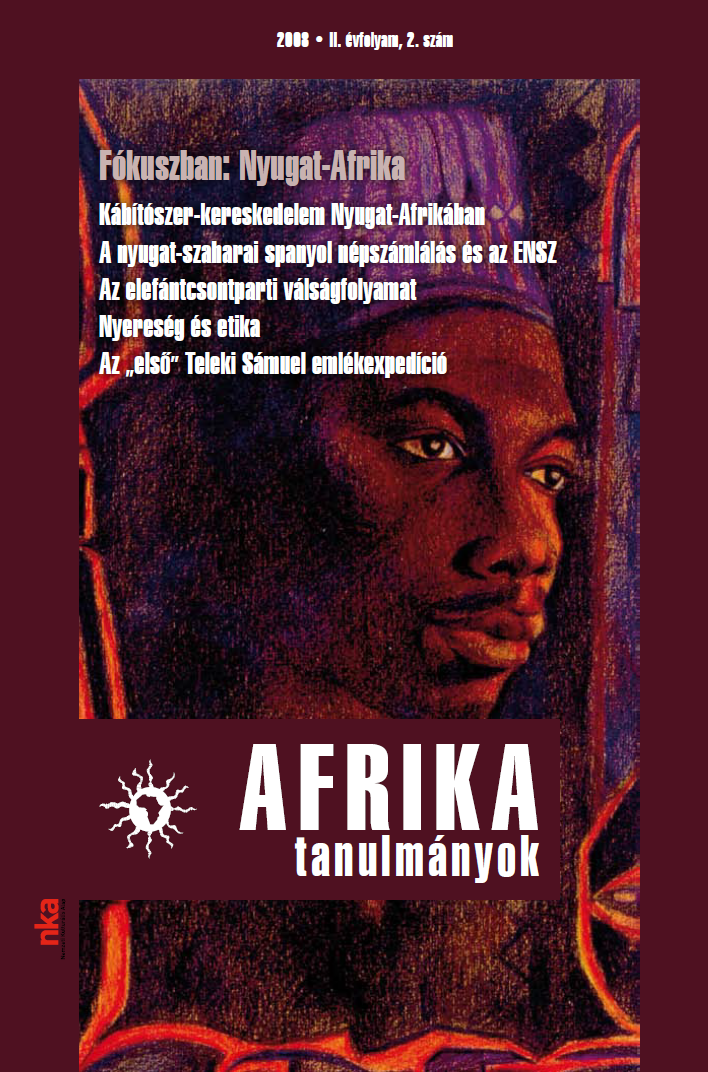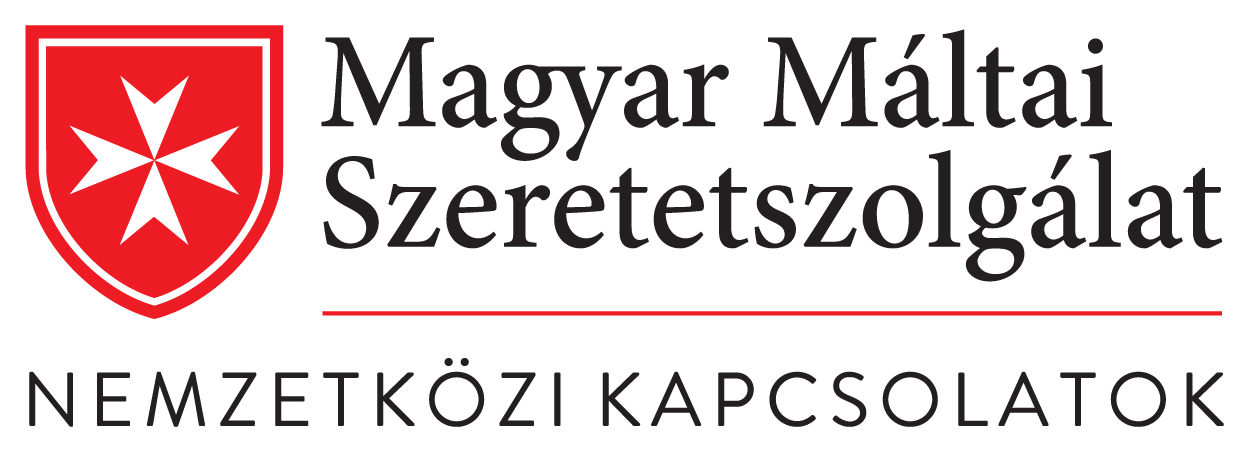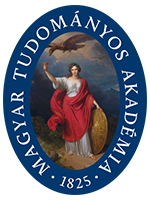Kultúra és fejlődés Afrikában
Kulcsszavak:
Kulturális politika, Afrikai fejlesztési stratégia, Kulturális elidegenedés, NEPADAbsztrakt
Az elvek szintjén széles körben elismert, hogy a kultúra központi szerepet játszik az emberi fejlődés kereteként, erőforrásaként és prioritásaként a nemzetközi és afrikai szabályalkotásban egyaránt, azonban az afrikai fejlesztési programok gyakran figyelmen kívül hagyják a lakosság kulturális sajátosságait, ami számos kezdeményezés kudarcához vezet. Elengedhetetlen, hogy a fejlesztési tervezési folyamatokba kulturális és participatív megközelítést integráljunk, amely alatt a társadalmak szélesebb körű bevonását, valamint a társadalomtudósok és kulturális szakemberek szerepvállalását értjük a fejlesztési programok és projektek meghatározásában és végrehajtásában. A kultúra - mint produktív ágazat - hozzájárul Afrika gazdasági fejlődéséhez, hiszen az a kulturális örökség és kreativitás eszközeire építve jövedelmet generál és munkahelyeket teremt. Az afrikai kormányoknak és nemzetközi partnereiknek intézkedéseket kell hozniuk az afrikai kreatív gazdaság fejlődését támogató, annak kedvező környezet megteremtése érdekében.
Downloads
Megjelent
Hogyan kell idézni
Folyóirat szám
Rovat
License

This work is licensed under a Creative Commons Attribution-NonCommercial-NoDerivatives 4.0 International License.
















